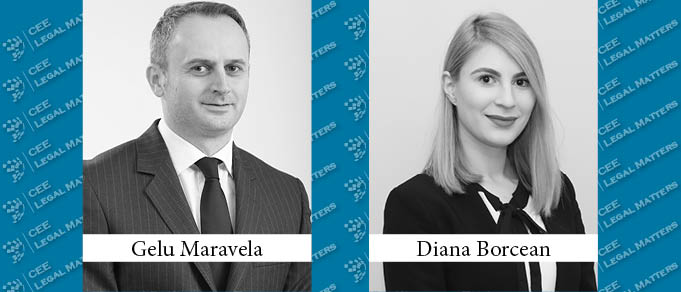The last few months have been marked by the challenges caused by the coronavirus pandemic which made obviously the need for digitalization and led the competent authorities to adopt several measures in this regard.
In this context, the Romanian Government adopted Government Emergency Ordinance no. 140/2020 for the establishment of measures regarding the use of electronic documents in the fields of construction, architecture and urbanism (“GEO 140/2020”) which regulates the general framework for the use of electronic signatures for purposes of issuing approvals, permits and authorizations by the competent authorities, as an alternative to the physical format of the same.
In order to implement the GEO, the Ministry of Public Works, Development and Administration recently issued Order no. 4134/2020 for the approval of the Technical Norms regarding the application of the GEO 140/2020 (the ”Technical Norms”) which came into force on January 10, 2021.
Main provisions of the Technical Norms
Firstly, the Technical Norms refer to the whole spectra of operations regarding the qualified certificates for electronic signature corresponding to the documentations issued in the fields of construction, architecture and urbanism, respectively requesting, verifying, issuing, modifying, suspending and revoking the same.
With regard to the issuance of the qualified certificate for electronic signature, the Technical Norms outline the specialists that may qualify for obtaining and using the same.
provided by the applicable legislation in the fields of construction, architecture and urbanism entitled to obtain the same, detailing the corresponding procedure.
Documents signed with a qualified electronic signature will have to meet the conditions imposed by the Regulation (EU) no. 910/2014 of the European Parliament and of the Council of 23 July 2014 on electronic identification and trust services for electronic transactions in the internal market and repealing Directive 1999/93/EC.
In case that the right of practice or signature of a specialist has been suspended or revoked by the competent authority, the qualified certificate shall be correspondingly suspended or revoked. In this regard, the period within which the qualified trusted service providers have the obligation to suspend or revoke the qualified certificate for electronic signature is of maximum one working day from the date of their notification by the competent authority.
Otherwise, the qualified trusted service providers that do not suspend or revoke the electronic certificate in the legal term commit an administrative offence sanctioned by fines ranging from RON 2,000 to RON 4,000 (approximately EUR 410 - 820), in accordance with the provisions of GEO 140/2020.
Conclusions
The recently adopted enactments aim to extend the legal framework necessary for the use and acknowledgment of electronic signatures and electronic documents developed by specialists in the fields of construction, architecture and urbanism and the possibility of submitting the same exclusively in electronical format to the competent authorities.
At the same time, the applicable legislation implements the necessary measures to ensure the security of the circuit of electronically signed documents, including through sanctions applied to qualified trusted service providers if they do not suspend or revoke qualified certificates within the time limit provided by the applicable legislation.
As a result of the provisions summarized above, an improvement it is anticipated as regards the speeding up of various procedures for of authorisations and permitting.
Furthermore, the use of electronically signed documents as an alternative to the physical format of the same is a cost saving and time effective approach for the persons interested in obtaining their necessary authorization or permit.
Consequently, the increase of digitalization in the relationship with the competent authorities in the fields of construction, architecture and urbanism leads to a reduction of the bureaucracy of the authorization process which is a huge step forward in this respect.
By Gelu Maravela, Founding Partner, and Diana Borcean, Senior Associate, MPR Partners | Maravela, Popescu & Asociatii



